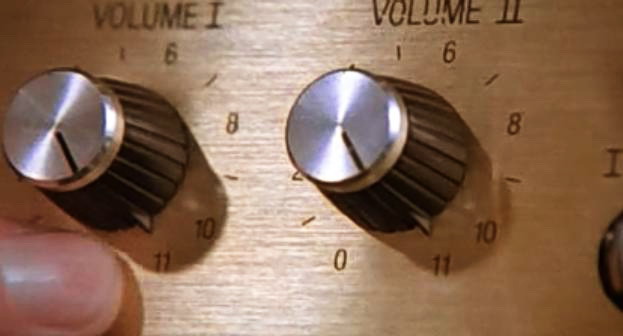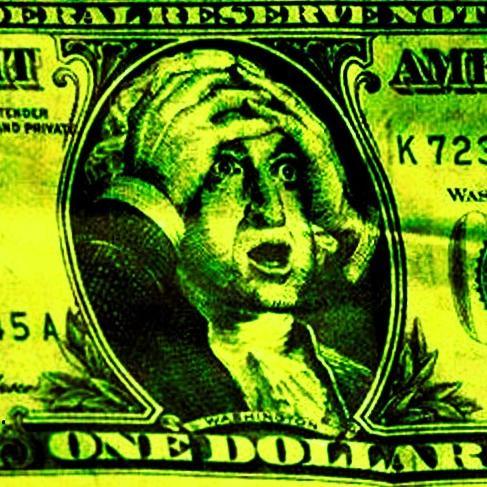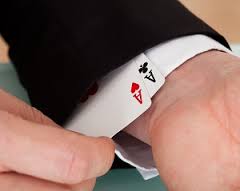
Breakeven DFS: Becoming the Roulette Wheel
Ok, so now that we’re playing a high volume of games against a diverse set of opponents, how many of these games do we actually need to win in order to show a profit, Dolla? That’s why we’re here after all.
Well, let’s see here…please hold.
There we go. It turns out we need to win 55.5% of our games to break-even. That means we need to exceed that level of performance to show a profit. Coincidentally, that’s about the same edge that the average ‘American Style’ (the one with 0 and 00) roulette table has over the player on any spin.
So in head to head format, we have to ask ourselves if we think we can make better decisions than another player, and be right at least 55.5% of the time. If we believe that we can do that, we should play as many head-to-heads as possible – to infinity. Another way of thinking about this asking ourselves how much of an edge we have over the casual player or user of a DFS site or app. So, we can also say that if we believe we have a 5.5% edge over the average player then we are breakeven at DFS. If we can truthfully say, or even better, demonstrate this with data, that our edge exceeds this breakeven point, then we can state that 5.5% + our additional winrate = our edge over the field at that buy-in level, if the sample size is large enough.
You will find that with enough volume, competition will tend to trend towards an increase in the higher buy-in head-to-heads. That is, in general, when there is more money at stake. Against these types of players, your ‘edge’ can be blunted, or erode altogether. There are plenty of players who can show a profit at $1 games who get crushed by the field at the $5 entry level. As the buy-in increases, you will see an increase in the number of more advanced players, who may be using basic tools like excel spreadsheets and implementing their own custom built models for projecting sports performance.
They may also be using advanced analytical software, and algorithms to generate and enter hundreds of lineups in a fraction of a second. This is not as big of an issue in a head to head contest, but becomes a significant threat to the casual user in ‘multi-entry’ events. A skilled player entering 500 lineups into a contest has a higher cumulative chance of ‘winning’ these type of events than someone entering a lone lineup, even when controlling for skill – taking it out of the equation completely.
Think of a raffle in which there are 5,000 tickets. You hold one ticket, and someone else holds 500 for the same event. This ‘raffle’ is an example of a competition based on pure luck. Your odds are 1 in 5,000 – .02% or less than one half of one percent! Now, compare this to your opponent’s odds at 500 in 5,000 – or 10%.That is why it is important to know if you have an edge, and if that edge is growing or diminishing over time.
To end by putting this frankly – if you only played head to head games for a lifetime, and won around 55.5% of those games, the same raw winrate as an American Style roulette wheel – you would not make any money at all! Forget about opportunity cost – DFS may not be so easy, after all!













